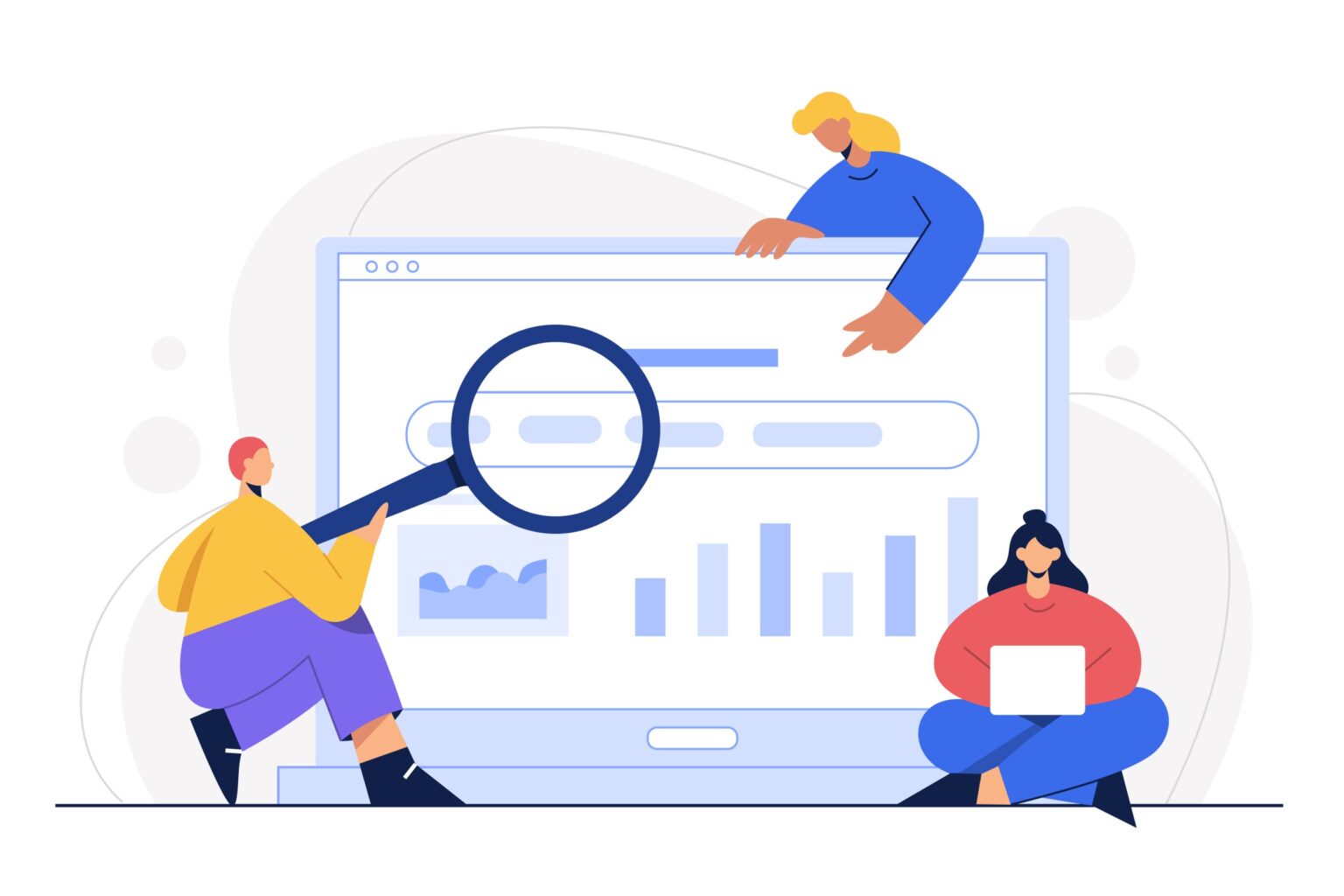
Review platform such as Google helps local businesses to improve online visibility and credibility by taking the assistance of customer reviews. Maintaining an online presence has become an important marketing tool in recent years. During the coronavirus era, Google has introduced a lot of interesting features to let customers know more about a brand or a business. However, some people are trying to harm the reputation of a brand by posting fake reviews. Google has an extensive system to deal with these situations. Marketers should be aware of it and take decisions accordingly. Here is how Google is detecting the violators and punishing them. Let’s look at some of the insights. How Google Finds Fake Reviews Google has an automated system as the first defence mechanism to detect fake reviews. Sometimes, the platform utilises human moderators to perform tasks that cannot be done by technology. To prevent fake reviews on a large scale, Google uses machine learning. Google’s Automated Detection System There are hundreds of cues that Google utilises to distinguish abusive behaviour online such as review patterns and unlikely behaviour patterns. Typical user pattern data is the most common place that is searched by Google to find illegitimate reviews. Later on, the most popular search engine implements solutions to fight fake reviews. Typical user pattern data is a place where reviewers tend to keep their ratings, reviews and photos together. The first approach of machine learning is an important aspect of an organic and paid search system. By using this approach, Google can stop policy violations on a scale. The platform often focuses on finding content coming from click farms. So, it has become hard for click farms to sell fake reviews for money. For the Google My Business verification process, Google is applying a machine learning model. They usually find fake profiles in the process even before they get a place on the Map. Google generally removes content that violates policies. Sometimes, they flag content for further review in addition to the related user account. Later the reviews are revealed in front of everyone. Still, they are some profiles that may fall from your radar. Therefore, Google employs lots of human analysts Google’s content moderator team consisted of analysts and human operators create a system that complements the automated detection system of Google. Analysts evaluate content that the algorithm cannot detect such as local slang. Google is yet to reveal more information about its analysts.
Thank you for reading this post, don't forget to subscribe!